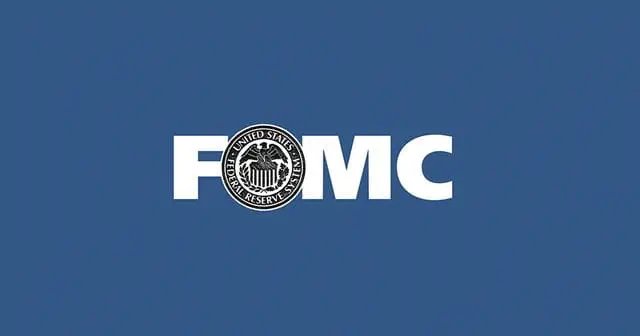Tiffany Wilding
Latest Insights
This is a carousel with individual cards. Use the previous and next buttons to navigate.

Macro Signposts highlights takeaways from the data analysis conducted by our team of economists and other experts.

Macro Signposts highlights takeaways from the data analysis conducted by our team of economists and other experts.

Macro Signposts highlights takeaways from the data analysis conducted by our team of economists and other experts.

Following strong 2025 returns, high quality fixed income continues to offer attractive yields and global diversification at a time of stretched equity valuations and tight credit spreads.

Macro Signposts highlights takeaways from the data analysis conducted by our team of economists and other experts.

With the policy rate in neutral territory, the Fed embraces data dependence – and faces a delicate balancing act in 2026.

Macro Signposts highlights takeaways from the data analysis conducted by our team of economists and other experts.

Macro Signposts highlights takeaways from the data analysis conducted by our team of economists and other experts.

Macro Signposts highlights takeaways from the data analysis conducted by our team of economists and other experts.

Macro Signposts highlights weekly takeaways from the data analysis conducted by our team of economists and other experts.

Macro Signposts highlights weekly takeaways from the data analysis conducted by our team of economists and other experts.

The path of U.S. monetary policy from here likely depends heavily on labor market developments.
